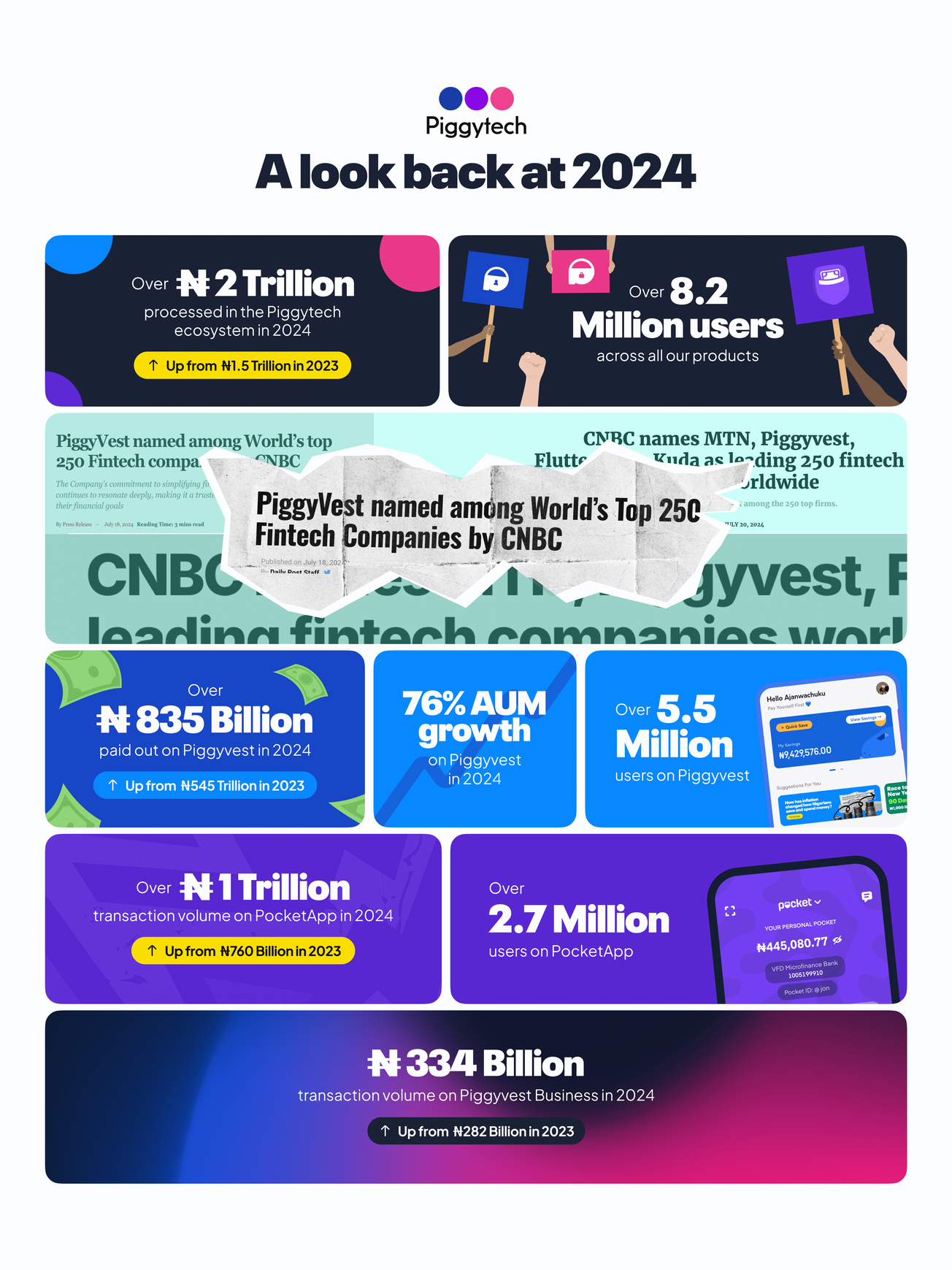Do you trust your bank?
— Yvonne Okoro (@okoro_yvonne) September 24, 2020
Do you trust Nigerian Fintech?
— Yvonne Okoro (@okoro_yvonne) September 24, 2020
Last week, I conducted a poll to find out Nigerians' trust level for traditional banks and Fintechs. The results were unprecedented, 57% of Nigerians neither trust their bank or Fintech. However, the overarching insight from the survey is that Fintechs enjoy equal amount of trust from the public as banks.
Also, this results indicate that fintechs have a chance of increasing the level of financial deepening in Nigeria. In my last post, I described financial deepening as increase in usage of financial services. Considering, that fintechs in Nigeria are often designed as mobile apps or virtual tools, they are better positioned for financial deepening than inclusion.
The Nigerian Fintech landscape remains nascent. As shown in Mckinsey’s 2020 fintech report, funding partners have invested over $600m in the country’s Fintech ecosystem in the last six years.
Although Nigeria remains a cash-based economy, the reception to the new transformation in the financial industry driven by technology is increasing.
In my last article on the role of communications in promoting financial inclusion in Nigeria, I explained the importance of trust. If Nigerians lack trust in financial products/ services, the likelihood of adoption is quite impossible.
The financial safety of consumers is the ultimate guarantee that financial service providers MUST prioritize. One of the reasons for lack of trust is consumers’ fear of cybercrime.
According to data available, Fintech firms are prime targets for cybercrime attacks with the growth of attacks outpacing transactional growth by 50%. – Thinkadvisor. It is a growing threat.
Earlier in September, Cowrywise, a savings and investment fintech was brought to the spotlight by one of its customers on Twitter over a theft attack from her account on the Cowrywise platform. Read full details here
On the same day, Cowrywise trended on Twitter as a result of the customer’s complaint (a prominent advocate). Although initially mishandled, this poses as a crisis to the brand. It also crushes the trust level of Nigerians for the company and other Fintechs.
Waw it's frustrating to lose money irrespective of the platform.
— Opara Clex (@Clintopara) September 4, 2020
The startups in Nigeria aren't trying enough to ensure users' funds are secured.
Losing money on a platform designed to help you save helps you wonder if saving is worth it at all
The crisis was partially resolved when Cowrywise eventually released its press statement stating that it has refunded the customer. On the other hand, the brand has lot of work to regain the trust of customers.
@PiggyBankNG are we safe?
— Mufasa 👑 (@Olaseni_fray01) September 4, 2020
Within a week of the Cowrywise experience, PiggyVest, a savings and investment platform introduced a two- factor authentication (2FA) feature into its application. It is a security process in which users provide two different authentication factors to verify themselves.
It has become pertinent for financial service providers to constantly innovate, conduct crisis assessment and reiterate safety.









